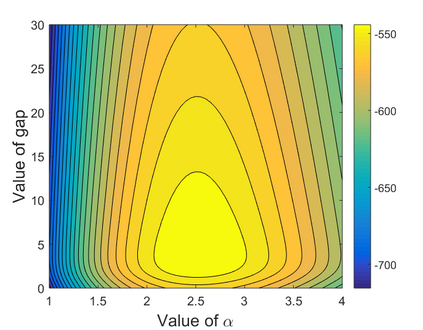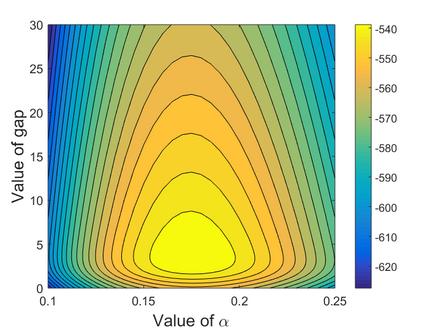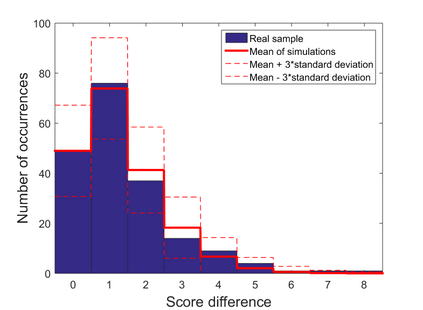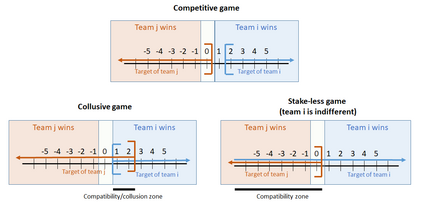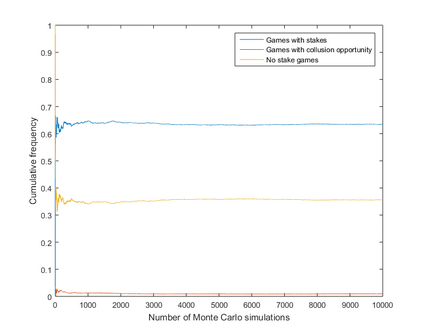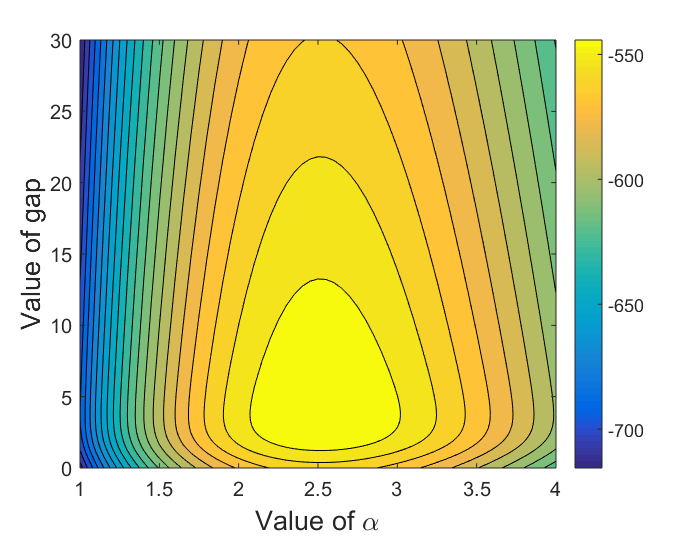In the last round of the FIFA World Cup group stage, games for which the outcome does not affect the selection of the qualified teams are played with little enthusiasm. Furthermore, a team that has already qualified may take into account other factors, such as the opponents it will face in the next stage of the competition so that, depending on the results in the other groups and the scheduling of the next stage, winning the game may not be in its best interest. Even more critically, there may be situations in which a simple draw will qualify both teams for the next stage of the competition. Any situation in which the two opposing teams do not play competitively is detrimental to the sport, and, above all, can lead to collusion and match-fixing opportunities. We here develop a relatively general method of evaluating competitiveness and apply it to the current format of the World Cup group stage. We then propose changes to the current format in order to increase the stakes in the last round of games of the group stage, making games more exciting to watch and, at the same time, reducing any collusion opportunities. We appeal to the same method to evaluate a "groups of 3" format which will be introduced in the 2026 World Cup edition as well as a format similar to the one of the current Euro UEFA Cup.
翻译:在最后一轮国际足联世界杯赛组阶段,比赛结果不影响合格队的选拔的比赛没有多少热情。此外,一个已经合格的球队可以考虑其他因素,例如它在下一个竞赛阶段将面对的对手,这样,视其他球队的结果和下一轮比赛的时间安排而定,赢得比赛可能不符合其最佳利益。更为重要的是,可能出现这样的情况:一个简单的抽奖可以让两个球队都有资格参加下一轮比赛。两个对立球队不竞争的任何情况都不利于体育,而且最重要的是,可以导致串通和牵线搭桥的机会。我们在此制定比较一般的方法来评价竞争力,并将其应用于目前世界杯组阶段的形式。我们然后提议修改目前的形式,以增加最后一轮比赛的利害关系,使比赛更令人兴奋地观看,同时减少任何勾结机会。我们呼吁采用同样的方法来评价“3组”的形式,这个形式在2026年世界杯组中将采用类似于2026世界杯的形式,在2026世界杯杯中采用。

